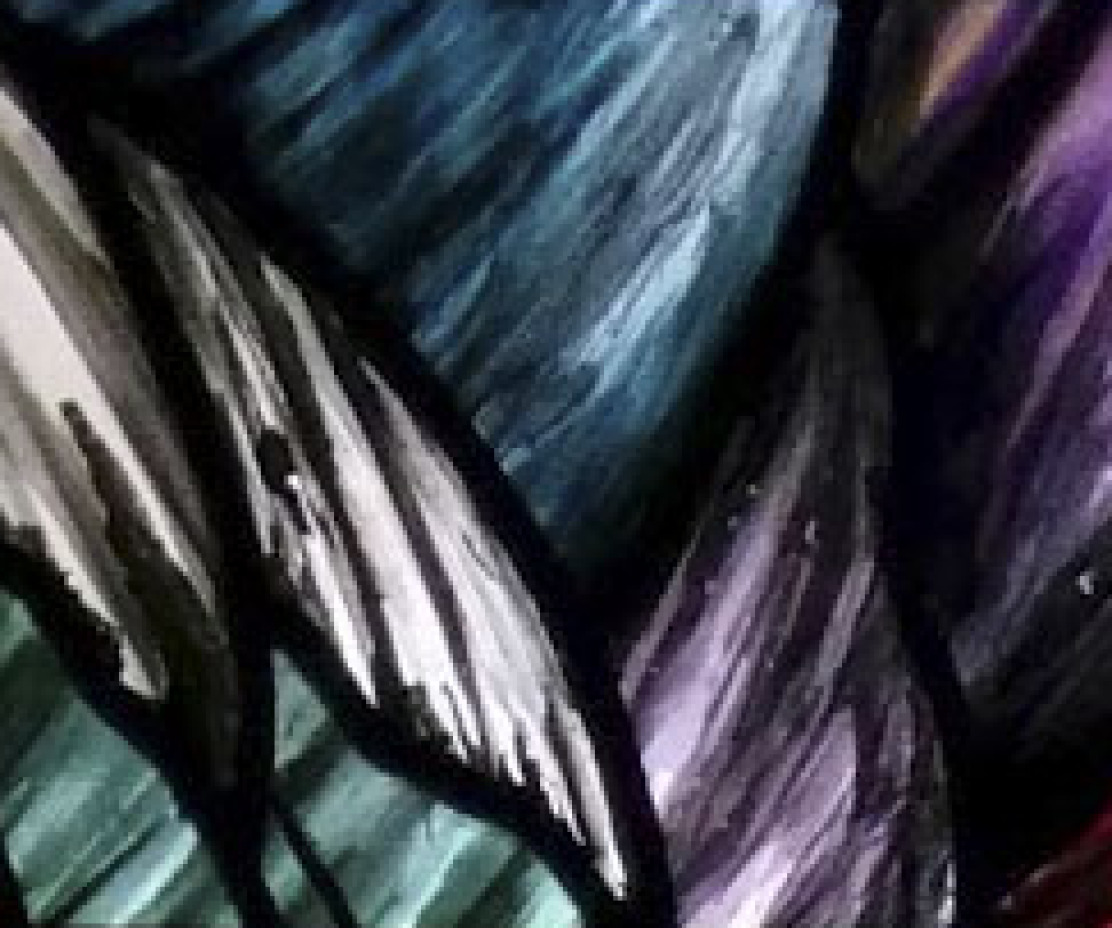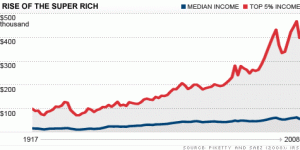So Abram went up from Egypt, he and his wife and all that he had, and Lot with him, into the Negeb.
Now Abram was very rich in livestock, in silver, and in gold. He journeyed on by stages from the Negeb as far as Bethel, to the place where his tent had been at the beginning, between Bethel and Ai, to the place where he had made an altar at the first; and there Abram called on the name of the Lord. Now Lot, who went with Abram, also had flocks and herds and tents, so that the land could not support both of them living together; for their possessions were so great that they could not live together, and there was strife between the herders of Abram’s livestock and the herders of Lot’s livestock. At that time the Canaanites and the Perizzites lived in the land.
Then Abram said to Lot, ‘Let there be no strife between you and me, and between your herders and my herders; for we are kindred. Is not the whole land before you? Separate yourself from me. If you take the left hand, then I will go to the right; or if you take the right hand, then I will go to the left.’ Lot looked about him, and saw that the plain of the Jordan was well watered everywhere like the garden of the Lord, like the land of Egypt, in the direction of Zoar; this was before the Lord had destroyed Sodom and Gomorrah. So Lot chose for himself all the plain of the Jordan, and Lot journeyed eastwards; thus they separated from each other. Abram settled in the land of Canaan, while Lot settled among the cities of the Plain and moved his tent as far as Sodom. Now the people of Sodom were wicked, great sinners against the Lord.
The Lord said to Abram, after Lot had separated from him, ‘Raise your eyes now, and look from the place where you are, northwards and southwards and eastwards and westwards; for all the land that you see I will give to you and to your offspring for ever. I will make your offspring like the dust of the earth; so that if one can count the dust of the earth, your offspring also can be counted. Rise up, walk through the length and the breadth of the land, for I will give it to you.’ So Abram moved his tent, and came and settled by the oaks of Mamre, which are at Hebron; and there he built an altar to the Lord.
Chapter 13 of Genesis is one of those chapters that makes me say, uh? So to recap where we are so far. Abram is shown the Promised Land. There is a famine in the Promised Land so he packs everything up and travels to Egypt. Once in Egypt he pretends his wife is his sister and Pharaoh takes her as his wife. Not cool.
That mess gets cleared up and Abram leaves with riches, livestock and his wife, Sarai. So he returns to the Promised Land with his nephew Lot. Once in the land, Abram then decides that the Promised Land, which is for him and all his descendants, his family, as numerous as the dust or the stars in the sky, is somehow not big enough for him and his nephew Lot, his family, his livestock and his farm hands. And Abram sends Lot away.
The Promised Land is for all of Abram’s descendants. God even emphasizes that at the end of the passage by having Abram look it over and walk it end to end. But Abram doesn’t seem to get it. He sends his family away. Mine….not yours is Abrams response to God and God’s abundant grace.
If this seems rather greedy, I would agree. And how often do we as a society, as a people and the children of God look at all of God’s abundance, freely given to all and hoard it while our neighbor and fellow human beings go with out?
Nothing reminds me more of that then the constant race to reduce or eliminate the taxes that we pay as a society for services and a higher standard of living for all. The Greatest Generation sacrificed, not just in war, but following World War II to pay higher taxes and by doing so increased the amount of wealth that was shared by all.
Infrastructure, highways, railways, hospitals and such were built. The developed and industrialized country that we enjoy was built from their hard work and willingness to work together and share God’s abundance with one another and with the less fortunate.
This trend though shifted in the 1980’s when the Baby Boomers, probably the most entitled generation, having received all the benefits that the Greatest Generation had worked together to create shifted the focus of our society to a society that is decidedly more greedy, individualistic and places a higher priority upon the wealth of the individual rather then the well-being of society as a whole. This is clearly seen in the growing income gap between the rich and the poor.
And how like Abram does that sound; divisive, individualistic and fracturing the children of God. Hoarding what God has giving to all but for a few. What gives me hope though is when you read this passage you will notice the use of the future verb. God will give. God has not already giving. The promise is there, if unfulfilled at this moment in time.
The gifts from God flow freely and will eventually flow to Abram once he reconciles with Lot, reconstitutes his family and reunites the whole children of God. But until that is done, God has only given a promised to be fulfilled.
And that same promise God has given us. When we see past our greed, our individualism and begin to see that we are a human family as numerous as the stars and we begin to share all that God has given, then we too will walk in the Promised Land. But until then, we will be like Abram, a sojourner, in search of home.

